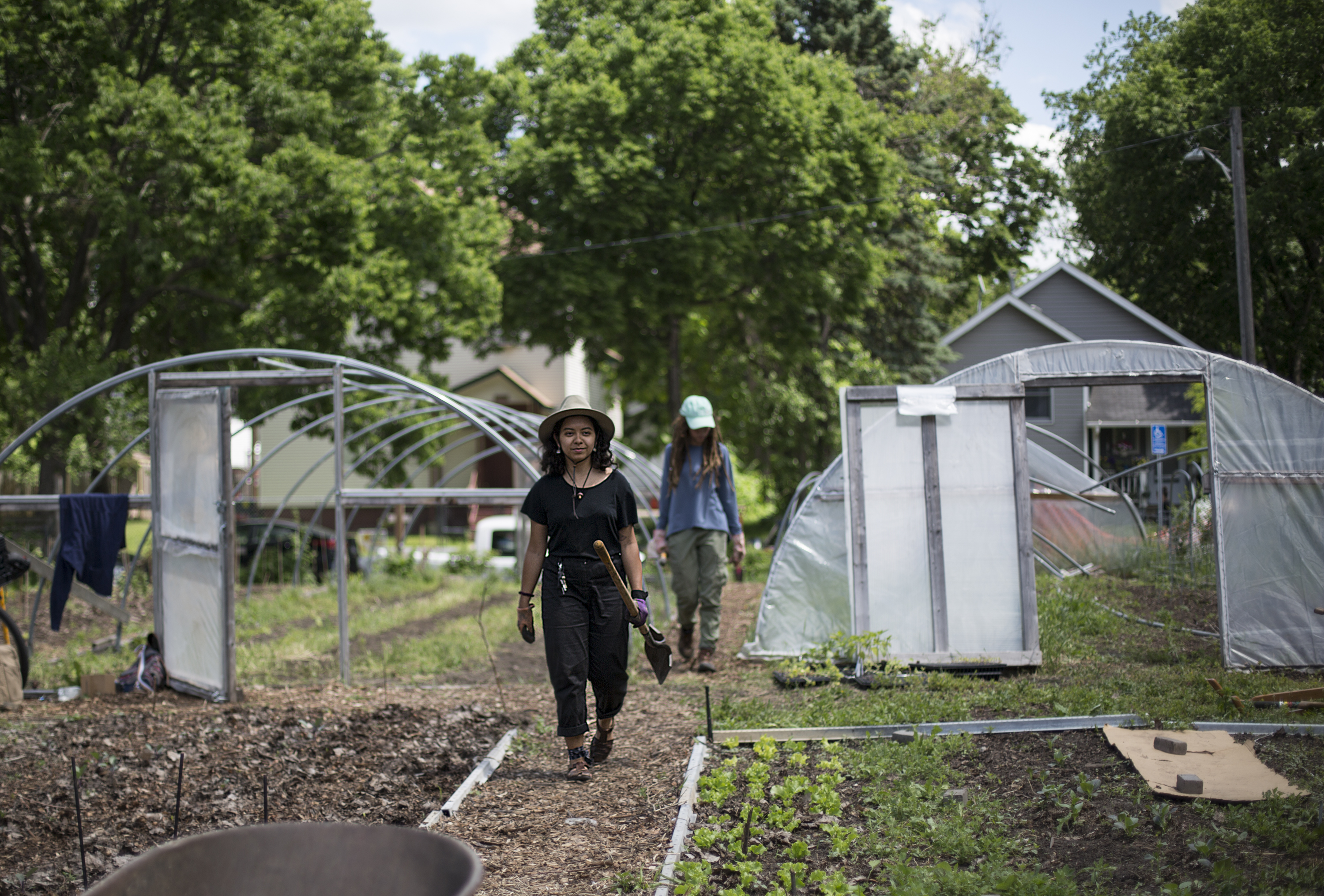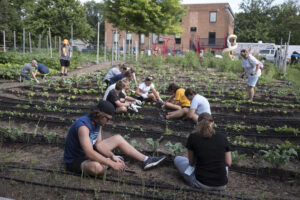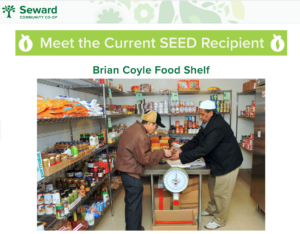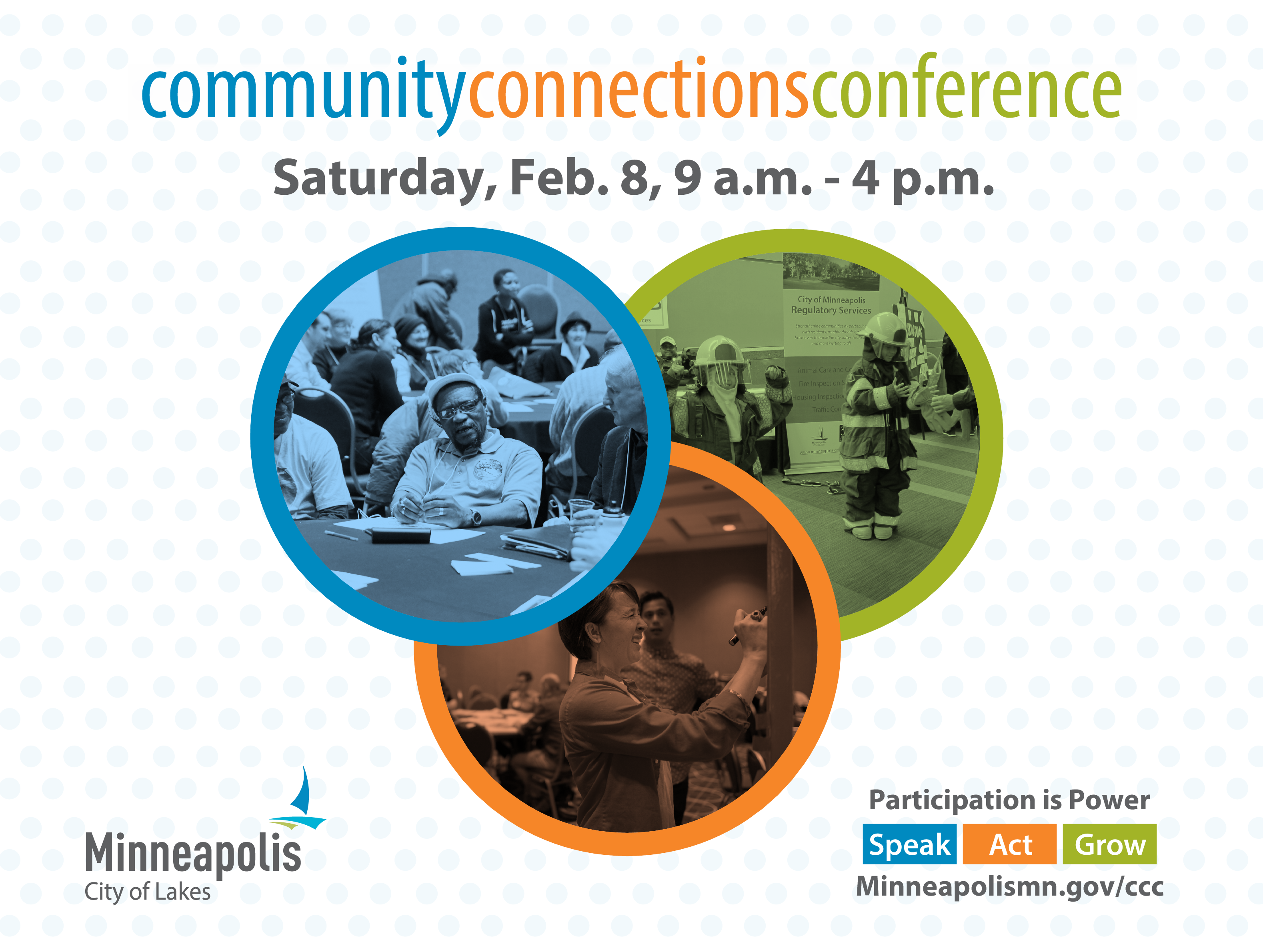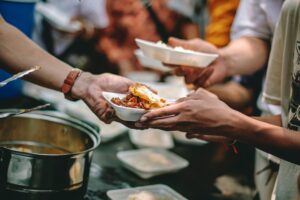“Food from the earth,” is what Jessica Thurin, Dietician at the Native American Community Clinic (NACC), referred to it as. As members of an indigenous-led network of organizations in South Minneapolis’ Phillips community working towards healthy food access, the 24th Street Urban Farm Coalition, we’re trying out something new this year: going back to the basics. Back to the earth. Back to traditional methods of healing and nourishing by focusing on food as medicine.
NACC, located just two blocks from our Waite House Community Center, provides a range of healthcare and social services to the surrounding, largely Native community. In an area with significant health disparities, recognizing the role food access has to play in determining health outcomes is critical. Many healthcare institutions might talk to their patients about the benefits of healthy eating without really recognizing or addressing the barriers that exist to do exactly that—where to find this food, how to afford it and access it. That’s why our urban agriculture program teamed up with them to begin providing boxes of freshly grown vegetables to their patients. This produce, grown right in their own neighborhood, will be sold to NACC and distributed to their diabetes groups starting this September free-of-charge in an effort to promote healthy eating and lower blood sugar levels.
“You can be taking all these diabetes medications, but if you have a high carbohydrate diet with breads and pastas and not having a lot of non-starchy veggies which is what is from the garden—that can really cause high blood sugars. And so medications can help, but it’s not everything…I think introducing more foods that are right in our backyard can really help prevent some of these chronic diseases and that’s really what we’re after,” Thurin explains.
And NACC isn’t the only place recognizing the power of food in this way. With another one of our gardens, this is our second year of providing CSA packages to the City of Minneapolis’ Lead and Healthy Homes program. Families are referred to their program when elevated lead levels have been detected within their body, after which they are moved to transitional ‘Safe Houses’ while their homes are removed of lead hazards. While in these safe homes, families receive visits from public health nurses as well as deliveries of our food boxes packed full of freshly grown kale, broccoli, collards, and more. The reasoning, Jim Doten, Environmental Services Supervisor for the City’s Health Department, explains, is because “there’s a link between nutrition and susceptibility to lead poisoning.” If someone is deficient in certain nutrients, especially iron, then their body is more likely to absorb lead. So with this program in particular, our farmers are purposely growing more iron-rich foods that are proven to prevent further lead absorption while also lowering existing levels in the body. Alex Vollmar, supervisor of this program, sees the addition of these CSA boxes as a “very holistic approach to responding to elevated blood levels.”
Back to the basics. Remembering how for thousands of years, indigenous communities have used food for nourishment and healing. It’s something that’s often overlooked now, but so necessary to address in order to close health disparities. As members of the 24th Street Urban Farm Coalition, we look forward to continue moving this work forward alongside NACC, Indian Health Board, and other coalition members. Thurin says,
“Food is medicine. I don’t think a lot of people know that. But our ancestors definitely did that. They used food as medicine. They used traditional medicine plants. I really think that’s important to bring that back now.”
